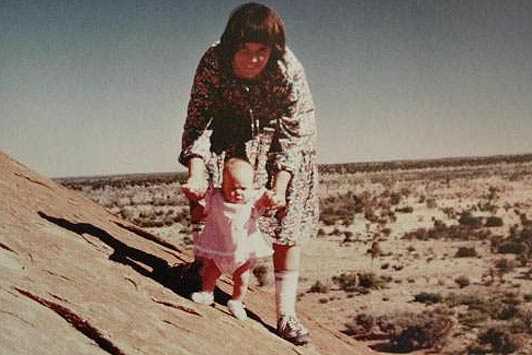The story of Baby Azariah and her parents, the Chamberlains is still with us today. The coroner has now ruled that the baby was killed by a Dingo. This has been such a hard time for this couple as they have experienced many days in court and prison after the loss of their child and a divorce which followed.
I wonder what the internet would have done to this story when it first broke. I think it would have become what bloggers call a “Blogstorm.” Blogstorms are the fast paced wildfires that occasionally sweep through the internet when sensational news is unfolding. I’m sure the story about the Chamberlain’s would have turned into a huge blogstorm.
I’ve seen a series of smaller storms on websites and comment sections of sites when it comes to guilt or innocence. And some of the comments are vicious. The internet seems to lean toward guilt long before innocence, even after one is proven not guilty. It is a harsh courtroom at times. Just take a look at the comments under stories of someone accused of a crime. The concept of Innocent until Proven Guilty is in real danger.
One of the reasons behind this seems to be Misunderstood or unknown intentions. To other Adventists, we overwhelmingly believed that these parents were not capable of this terrible crime or tragedy. That’s because we felt we understood their intentions. We can relate to them and their faith, their love of the outdoors and the desire to take their family out into the bush to get away. It makes sense to most of us, we see the innocence readily.
But to someone who knows nothing of our faith or culture, they can easily place false or incorrect intentions upon the scene or story. Where intentions are not clear, many minds will rush to judgment with bad intentions instead of thinking the best.
What do people think of your intentions? What would happen if your name came up in the local newspaper under suspicious circumstances? And then when it jumps on to the internet what would the list of comments look like? If people have a track record of you to investigate for themselves about who you are and what you intend, they might be inclined to give you the benefit of the doubt. They might look at your past intentions and judge you by them.
Your online persona is really a track record of what your intentions are. It can fall into two broad categories, For me, For Others. I can post to make my life better or someone else’s life better. While there is room for both, I suggest we learn to lean toward making other people’s lives better through our blogging and commenting. If I want to be guilty of anything when I die, it’s that I used my time to stretch others and help them do better, get better, be better and feel better about themselves and their church and their family and their work and their ministry. I wouldn’t mind being accused of that. Those are my intentions.










